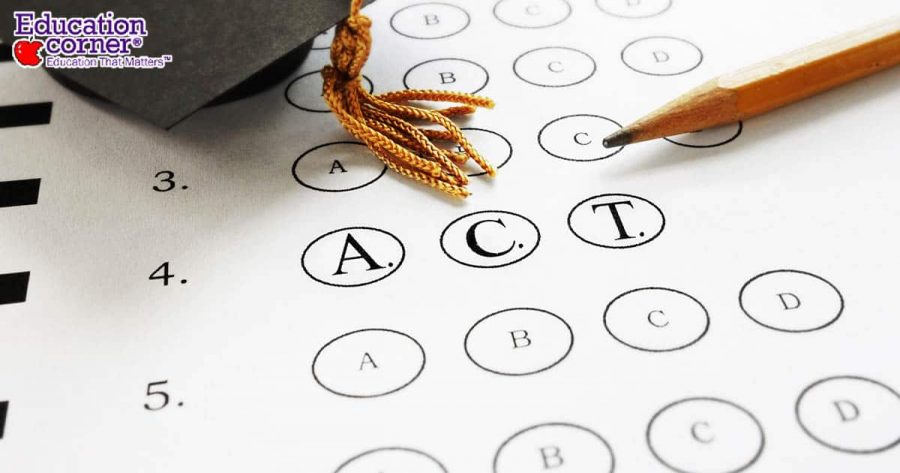Juniors prepare to take ACT
March 4, 2021
This year the ACT is coming up on March 9, and many juniors are excited, but also nervous about it. The juniors will come to school that morning and take the test from 7:30 am to 12:30 pm.
Junior Paris Wooden feels ready to take the test but also anxious at the same time. “Not going to lie, the ACT actually scares me but at the same time doesn’t. It gives me anxiety because it condenses everything I should know from my past and current time during high school,” she said. “Not only that but it reflects to colleges your overall academic performance. I tend to get very frazzled when taking timed tests and never feel like I have enough time to go back, relax, and be confident in my answers. On the other hand, everyone takes the ACT and not everyone who didn’t do super well on it are deprived of a ‘good life’.”
Junior Arianna Velasquez is also feeling a little scared and nervous about taking the ACT. “I think I am gonna do okay on the ACT test however, I am concerned about the math part because I suck at math,” she said. “Taking the ACT scares me because I feel like I’m gonna do very bad,” Velasquez added.
Velasquez believes that the ACT is important for her future. “I think that it’s important because it will help me in life and in the future depending on what i wanna be when i am older,” Velasquez said.
For this year’s seniors and juniors, most colleges are not making ACT scores mandatory for admittance which kids are happy about. “More often now, some colleges are giving students the option to either submit their ACT score or not when applying for college,” Wooden said. “I personally like this because yes I think the ACT has the ability to help appropriately place students in more academically intense classes which could potentially increase one’s knowledge, it might allow one to be looked at as “academically strong”, and it could even possibly secure a student’s spot at the post-secondary school, but at the same time, I believe this also gives reassurance to other students that ACT scores do not determine the rest of your life, and that anyone has the ability to become “successful” depending on the opportunities that arise within their life and the career interest they have for themselves.”
Guidance counselor Trish Matlock hopes that even though some colleges are not requiring it, students will still give it their best shot. “I think that students should try their best on the ACT because some schools may still require it and some other things like scholarships or apprenticeships have still been using it for their processes,” she said.
Matlock has a few tips for students who are taking the ACT. “Students can do their best by working hard in their classes. The ACT test is designed to test a student’s knowledge in the core areas. It focuses on what a student should have learned by their junior year of high school,” she said.
Another change is that if a student is not happy with his/her score, they don’t’ have to retake the whole thing, only the parts that they did poorly on. Matlock thinks that this is a positive change. “I think that when this starts, it can be a good thing. It reduces the time needed and the stress on the student,” she said.
Access teacher Daniel Rogaczewski explains how the ACT score affect the school in general. “The ACT can play a role in the overall report card that the school receives from the state. There is also recognition of which school in the state has the highest score,” he said. “I’m not a fan of colleges requiring the ACT for juniors. I understand that the last year has been trying, but the ACT is still a factor when students are selected by those universities. There are scholarships that are awarded by schools that might be solely based on this score. Students who score higher in certain areas might be able to use that score in place of a ‘placement test or accuplacer.’ The ACT is one of only factors that is constant when comparing and selecting students across a wide field like Wisconsin or the nation.”
Rogaczewski has a few thoughts on the new rule stating that students only get to retake parts of the test. “I understand it might make things more efficient but part of the test is maintaining that composure, doing your best, testing your limits. Lots of things in life force us to do multiple things at once and in a row. Some people might think this is easier because you can focus on that one subject you struggled, but is that really better? Also if you have to do the whole thing over it make the playing field more equal as opposed to individually,” he said.
